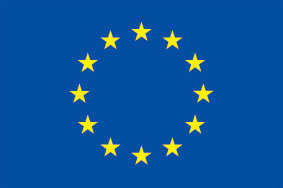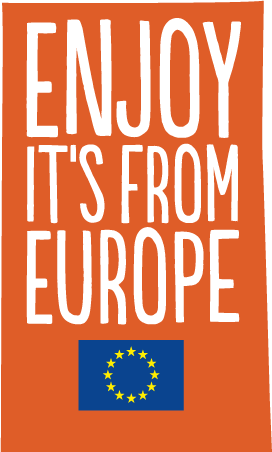EU PORK
Sustainability
Sustainability in the Agriculture
Sustainability has been in the European Union’s agenda for over 20 years focusing on sustainable development. Agriculture plays a key role in the preservation of natural resources as almost 50% of the EU territory is farmland and the good-keeping of this land will have a direct effect on future agricultural activity. In order to reduce the impact of agriculture on the environment, all sectors involved, such as pig farming, have to adapt to a set of environmental policies relating to emissions into the water, soil and air.
Through this set of legislation, the EU ensures that the pig farming industry stays productive and efficient while maintaining sustainability and environmental protection, making European Pork, the smart choice, when consumers make an informed decision they reflect their interest in the well-being of the nature.
Sustainability legislation
Following EU legislation, there are established restrictions on industrial emissions that affect intensive pig farms. Moreover, the EU published a set of guidelines that cover how different on-farm processes and activities are managed, including:
- Feed management
- Housing of pigs
- Manure management
- Storage of dead animals
- Energy consumption
- Water usage and treatment
The aim of this control is to tackle important issues such as ammonia emissions to air and nitrogen and phosphorus emissions to water and soil, establishing set limits to reduce the impact of intensive pig farming in the environment.
The European Green Deal
In 2020, as part of the European Green Deal, the European Commission created the From Farm to Fork Strategy, which aims to address the challenges of sustainable food systems that link health, environment, and industry, changing the traditional approach to food production with a new one that applies technology, research and innovation to classical systems.
This strategy values the sustainability of food, in a way that incorporates objectives that are not only related to environment, health and society but even ethical when it comes to the way in which food is produced. With this strategy, food production in the EU must have reduced environmental impact, be safe, nutritious, accessible, affordable, ensure a fair income and support producers.




